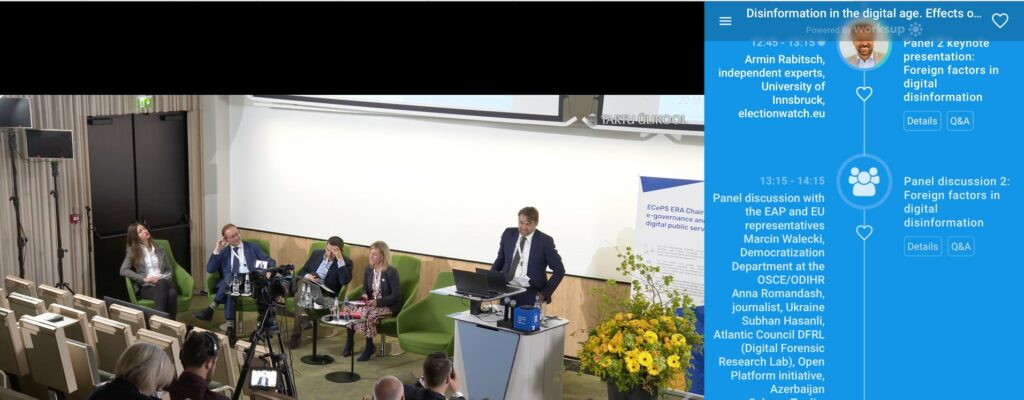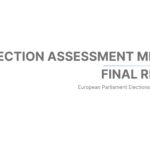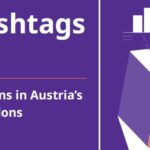
European Union,General,International
Disinformation in the digital age
Tartu, 20 May 2022: Election-Watch.EU was invited to participate in the Conference on disinformation in the digital age on the online spread of disinformation and misinformation and the counter measures, hosted by the University of Tartu. The conference focused on information manipulation and the importance of media freedom and fact-checking initiatives, the negative effects of disinformation on the electoral processes, the weaponization of hate speech and the solutions that AI can provide to overcome the shortcomings.
The panelists addressed the mistrust in democratic institutions that online disinformation generate in people but also the useful and positive use of media in situations of crisis, such as the Ukrainian invasion, to help refugees. Difficulties arise when identifying the correct counter measures to control the spread of disinformation without harming freedom of expression. The challenge is how we foster the incredible opportunities online information provide while detecting the best measures to regulate the eventual harm that disinformation can cause. Disinformation have always existed but nowadays it disseminates faster, further and deeply. For this reason, it is essential to implement policies and regulations that guarantee the transparency of the media and of other actors involved and to proactively share with the public reliable and trustworthy information.
Election-Watch.EU presented the sources, techniques and tools of disinformation in elections and elaborated on ongoing regulatory reforms at EU level. Armin Rabitsch from Election-Watch.EU outlined the main methods of outside interference and disinformation tools:
- Coordinated inauthentic behavior like troll farms
- Amplification of disinformation by using bots, fake accounts, chain emails
- Altering of search rankings by manipulation of algorithms
- Hacking and sharing of damaging information
- Mutual admiration societies by use of hashtags
- Micro-targeting through advertising messages
- Impersonation of fact-checkers, media, election or government officials
- Voter suppression by discouraging voters or by sharing wrong location and time of voting
- Deep fakes
And highligthed several good practices:
- Agreements between EMBs and technology companies (Mexico)
- Code of Conduct among/for political parties (Uruguay, IDEA)
- Collective societal involvement & rights led approach (Taiwan)
- Linking counter-disinformation to defence of democratic rights (South Korea)
- EU Election Observation Missions – rights based approach in social media monitoring
The conference has been live streamed and more detail can be found under this LINK.
AI in elections, AI on freedom of expression in political competition, disinformation and elections, disinformation in the digital age
 Election Assessment Mission Report with good practice examples published
Election Assessment Mission Report with good practice examples published
 Supporting Electoral Reform in Liberia
Supporting Electoral Reform in Liberia
 Presenting Electoral Reform Paper at the Electoral Integrity Project Conference
Presenting Electoral Reform Paper at the Electoral Integrity Project Conference
 Social media monitoring of Austria’s general election campaign
Social media monitoring of Austria’s general election campaign
 How best to assess hybrid threats in elections?
How best to assess hybrid threats in elections?